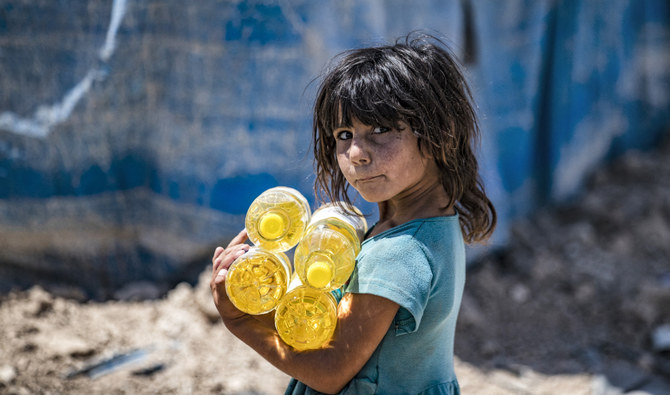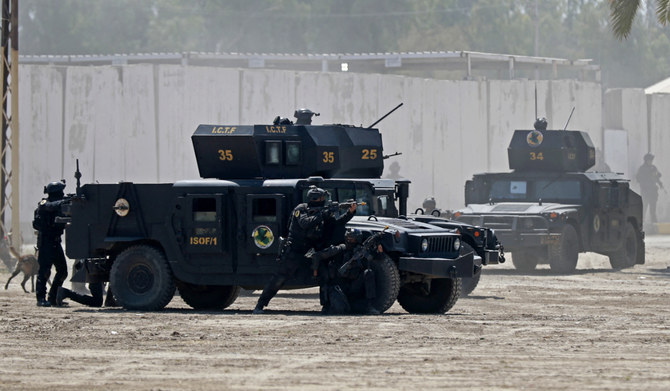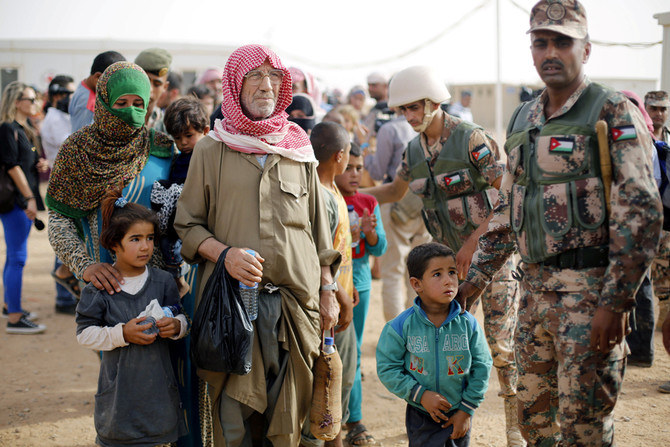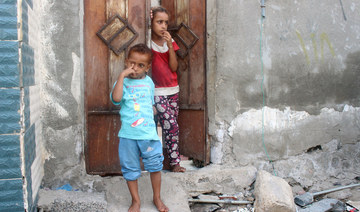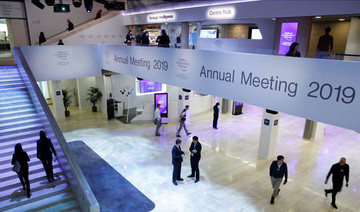NEW YORK: The UAE on Monday said that sanctions remain an important tool under the UN Charter in maintaining international peace but underscored that sanctions should avoid adverse humanitarian or socioeconomic effects and their unintended consequences.
Sanctions “should not hinder the work of humanitarian organizations or (prevent) life assistance from reaching those in need," Emirati Deputy Permanent Representative to the UN Mohamed Abushahab told the Security Council.
He highlighted the need to minimize, while setting up a sanction regime, any potential unintended consequences sanctions may have.
“The council’s responsibility to address the humanitarian imperative does not end with its initial design of sanctions,” Abushahab said.
“The council should be responsive to issues as they arise, and seek to address them.
“This would be of benefit to all — the civilian population of affected countries, the humanitarians and private-sector actors who operate within that context, but also the member states bound to implement sanctions.”
Abushahab’s remarks came at a Security Council meeting convened by Russia, who holds the presidency of the council this month.
The signature Russian event aimed to allow council members to examine a host of issues related to UN sanctions.
In its concept note for the meeting, Russia acknowledged the Security Council’s shift from imposing comprehensive sanctions to targeted sanctions to mitigate their unintended effects on civilian populations but warned that a careful humanitarian assessment was often ignored while designing sanction regimes.
Russia said that the Security Council should consider suspending sanctions during emergency situations “to prevent additional humanitarian and socioeconomic pressures on countries under sanctions.”
Rosemary DiCarlo, under-secretary general for political and peacebuilding affairs, reminded the council that sanctions were “not an end in themselves” and should work in tandem with “direct political dialogue, mediation, peacekeeping and special political missions.”
“There are currently 14 council sanctions regimes,” DiCarlo said. “They support conflict resolution in Libya, Mali, South Sudan and Yemen.
“They constrain the proliferation activities of the DPRK and the terrorist threat posed by (Daesh), Al-Qaeda and their affiliates.”
US Permanent Representative to the UN Linda Thomas-Greenfield said that the Security Council should continue to use sanctions “to improve the lives of people in conflict zones, protect civilians and promote the peaceful resolution of disputes.
However, she lamented that “certain (Security) Council members have blocked critical designations of peace process spoilers, high-profile terrorists, human rights abusers and sanctions evaders.
“They have blocked the routine appointment of members of sanctions expert panels, including experts in humanitarian affairs. They make it harder for the tool to work as intended. We need to work together to fix this.”
The US envoy added: “When member states willfully ignore sanctions evasion activity or fail themselves to live up to the commitments we have all made to enforce these measures, they undermine the tool’s utility and the work of the council itself.
“Meanwhile, it is the legal and moral right of individual member states or other multilateral groups to impose sanctions on their own, where appropriate, to achieve these important ends.”



